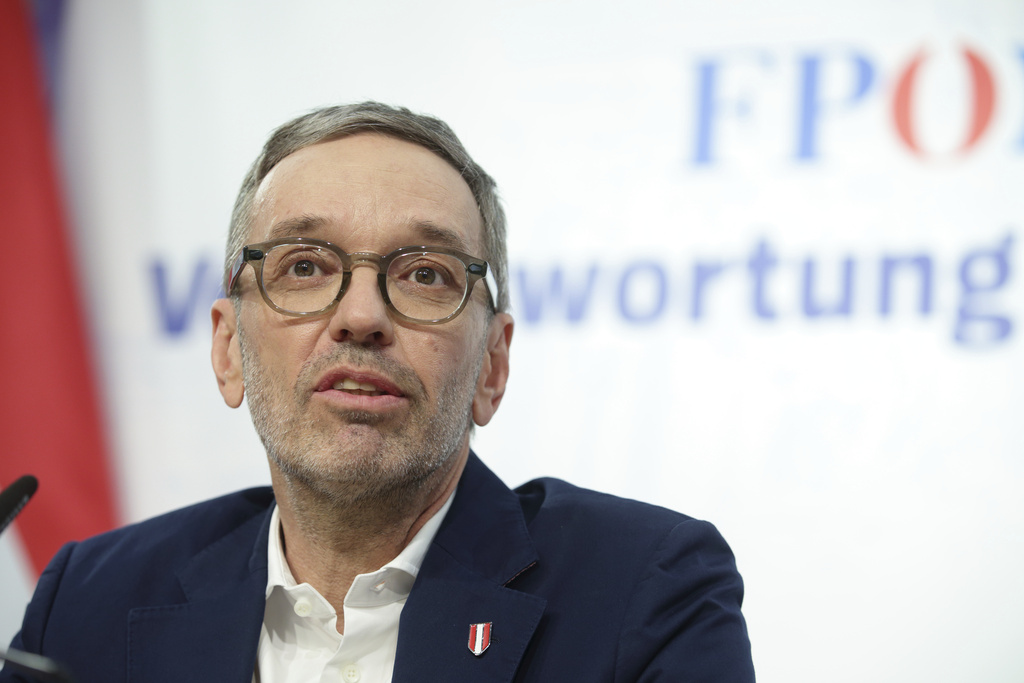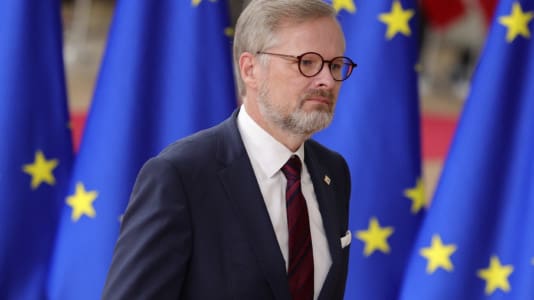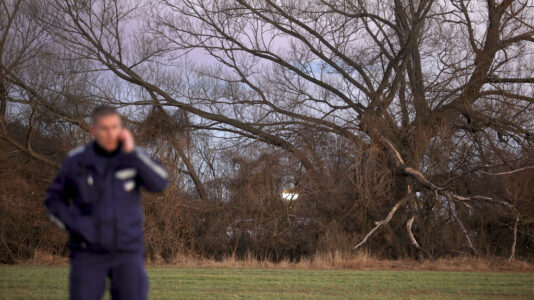The next EU member state to have a new leader from the “far right” is set to make life difficult for Brussels and much better for Hungary’s Viktor Orbán, Politico reported on Wednesday. According to the EU newspaper, Herbert Kickl is likely to become Austria’s new chancellor, which is bad news for the mainstream leadership of the European Union.
Kickl makes no secret of the fact that he looks up to Viktor Orbán, calling him a “role model,” It is likely that he will pursue policies similar to the Hungarian prime minister’s agenda, including seeking peace in Ukraine, a hardline immigration policy, and countering the EU’s progressive goals.
🇦🇹 Austria's president tasks FPÖ party leader Herbert Kickl with trying to form a new government.
"I have therefore instructed him to enter into talks with the ÖVP (Austrian People's Party)… Kickl will keep me informed about the progress of these talks." pic.twitter.com/2fru0JJb4Z
— Remix News & Views (@RMXnews) January 7, 2025Like the Orbán government, the FPÖ wants to rely on Russian gas supplies, strongly criticizes sanctions against Russia, and wants to stop aid to Ukraine. Hungary could get a new alliance in Austria, and with it, it could more successfully block decisions that require the agreement of all 27 member states. According to Politico, the first victim of this new blocking force could be Ukraine.
Politico writes that: “If his Freedom Party (FPÖ) takes charge, it would mean a swathe of the EU, from Hungary through Austria to Slovakia under outspoken Prime Minister Robert Fico ― and potentially to the Czech Republic, where former Prime Minister Andrej Babiš is leading in polls ahead of an election in October ― would be sympathetic toward Russia three years into Putin’s full-scale invasion of Ukraine.”
🇦🇹🇭🇺🔥 Austrian MEP Harald @Vilimsky apologizes to Hungary for the left-wing majority European Parliament's "absurd" attacks on its people whose only "offense" is voting for a government that opposes Brussels' "left-wing migration madness" and advocates for peace. ⬇️ pic.twitter.com/CTbWUcqTFL
— Remix News & Views (@RMXnews) May 7, 2024Austria has been the EU’s black sheep, according to Politico, with the paper pointing back to 2000, when the FPÖ, led by Jörg Haider, became part of the Austrian government coalition, and because of this, several EU member states severed bilateral relations with Vienna.
However, Kickl in a leadership position would represent a far greater threat than a coalition government with a junior FPÖ partner.
“What’s worrying for the EU, especially in areas where agreement among all 27 governments is needed, is that the duo would likely work together to block major initiatives. Orbán has been an irritant to Brussels for years, but while he has ultimately often bowed to political pressure ― such as on EU enlargement just over a year ago ― Hungary and Austria combined could be a force to be reckoned with,” writes Politico.
Kickl, on the issue of immigration, is especially opposed to the status quo in the EU. He has stated that he wants to preserve the “homogeneity” of the Austrian people, and suspend the right to asylum through “emergency law.” In addition, Austria would halt payments to the EU if Brussels did not strengthen the external borders of the bloc.
🇦🇹‼️ “Remigration! I have absolutely no problem to say that word…. We are not going to accept any asylum requests anymore."
– Herbert Kickl, head of the Freedom Party of Austria (FPÖ)
Polls put his FPÖ party in first place heading into national elections on Sept. 29. pic.twitter.com/0PKxA4DXIm
— Remix News & Views (@RMXnews) September 10, 2024Perhaps most worrying for Brussels is that an FPÖ-led government could set a template for neighboring Germany, where the Christian Democrats (CDU) have ruled out cooperation with the Alternative for Germany (AfD). Notably, Austria’s People’s Party (ÖVP) also ruled out a coalition with the FPÖ, but now both parties are in talks to form a government. Alice Weidel, co-chair of the AfD, has called for an end to the “firewall” from the CDU and is urging the party to form a coalition government.






